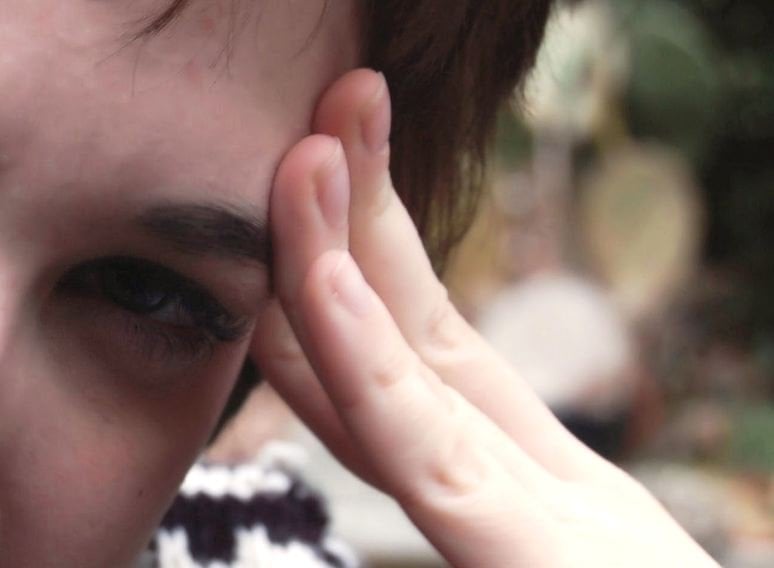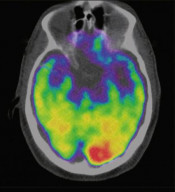
A new research claims that depression may not be a disorder but a behavioural strategy that humans have evolved to deal with difficult situations.
Depression makes life miserable and leads to behavioural changes in the person facing it. The conventional understanding of the so-called disorder says it occurs due to chemical imbalances in brain which can be fixed through proper medication. However, new research dismisses this view.
Matthew Hutson argues in a Nautilus feature about the evolutionary process of depression and suicidal behaviour that the purpose of depression can be to make us stop and think for a while to solve an important problem.
Stress may raise heart disease and stroke risk: Study
The writer explains that evolutionary psychologist Paul Andrews and psychiatrist J Anderson Thomson worked on the concept called the ‘analytical rumination hypothesis’ in Psychological Review in 2009.
Hutson tries to change the way we look at depression by writing that what we have always seen as a disorder might be a unique way for us to deal with a significant issue or problem.
He says that an intricate situation might make us depressed but this way it will also force us to think in a kind of analytical mode.
Hutson writes, "[t]here’s an increase in rumination, the obsessing over the source of one’s pain," with depression making its place in the brain. One of the many symptoms of depression is anhedonia, a sort of inability to gain pleasure from normal activities. Now this can lead us take a break from life and think what to do next.
Emotional trauma: Families of missing people suffer from mental disorders, says study
Andrews and Thomson also suggest this will elaborate how depression and anxiety often occur together.
"We hypothesize that depression and anxiety often co-occur because some problems require both analysis (promoted by depressed affect) and vigilance (promoted by anxiety)," they wrote.
The theory may sound very fascinating but it can’t be proved as correct until more researches appear on the subject.
Also, if depression is actually an evolutionary tool or adaptation it cannot always help us solve our problems. However, this new concept or theory might be able to assist the scholars in research and the depressed people to cope with their depression.
The article originally appeared on The Independent










































COMMENTS (1)
Comments are moderated and generally will be posted if they are on-topic and not abusive.
For more information, please see our Comments FAQ